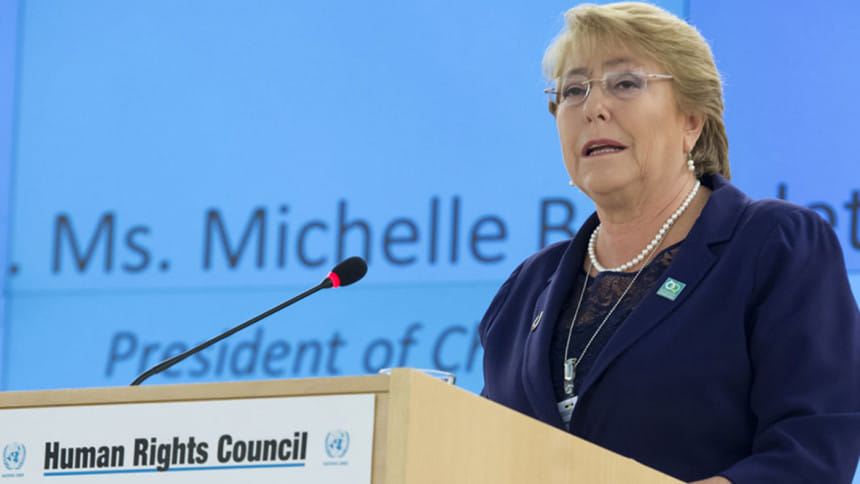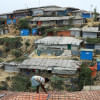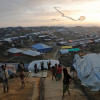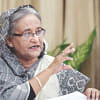Halt plan for repatriation

UN High Commissioner for Human Rights Michelle Bachelet has urged Dhaka to halt plans for the repatriation of 2,260 Rohingya refugees to Myanmar, warning that the returns would be in violation of international law putting their lives and freedom at serious risk.
"We are witnessing terror and panic among those Rohingya refugees in Cox's Bazar who are at imminent risk of being returned to Myanmar against their will," she said in a statement issued in Geneva yesterday.
"Forcibly expelling or returning refugees and asylum seekers to their home country would be a clear violation of the core legal principle of non-refoulement, which forbids repatriation where there are threats of persecution or serious risks to the life and physical integrity or liberty of the individuals."
The UN rights chief made the call ahead of the start of repatriation tomorrow as per the decision taken by Bangladesh and Myanmar following the Joint Working Group meeting held in Dhaka on October 30.
More than 725,000 Rohingyas fled into Bangladesh from Myanmar's Rakhine after a brutal military crackdown began in August last year. They have joined some 300,000 Rohingyas already living in squalid camps in Cox's Bazar for years.
Many of them witnessed the killing of members of their families and the burning of their homes and villages, the statement noted.
"Refugees have stated repeatedly that they do not wish to return under current conditions. Several of the refugee families apparently listed for return are headed by women or children."
It added that the UN body also continues to receive reports of ongoing violations of the rights of Rohingyas remaining in northern Rakhine, which include allegations of killings, disappearances and arbitrary arrests, as well as widespread restrictions on the rights to freedom of movement, health and education.
About 130,000 internally displaced people (IDPs), many of whom are Rohingya, remain in camps in central Rakhine. Another 5,000 IDPs remain in no man's land between Myanmar and Bangladesh while more than 4,000 are in Aung Mingalar ward in Sittwe, where they are subjected to a wide range of restrictions.
Hundreds of thousands of people in other parts of Rakhine also remain deprived of their rights to freedom of movement, to basic services and livelihood -- as well as their right to a nationality.
"The human rights violations committed against the Rohingya in Myanmar amount to the worst atrocities, including crimes against humanity and possibly even genocide. With an almost complete lack of accountability -- indeed with ongoing violations -- returning Rohingya refugees to Myanmar at this point effectively means throwing them back into the cycle of human rights violations that this community has been suffering for decades," Bachelet added.
She also called upon Myanmar to show its seriousness in creating the conditions for return by addressing the root causes of the crisis in Rakhine, in particular the systematic discrimination against and persecution of Rohingya.
Bachelet appealed to Bangladesh to ensure scrupulously that any repatriation takes place in line with international standards of voluntariness, safety and dignity, with full transparency, and only when the conditions are right.
"The history of the Rohingya in Myanmar is one filled with repeated episodes of violence, flight and return," Bachelet said. "We need to speak with one voice to stop this cycle from repeating itself yet again."

 For all latest news, follow The Daily Star's Google News channel.
For all latest news, follow The Daily Star's Google News channel. 








Comments